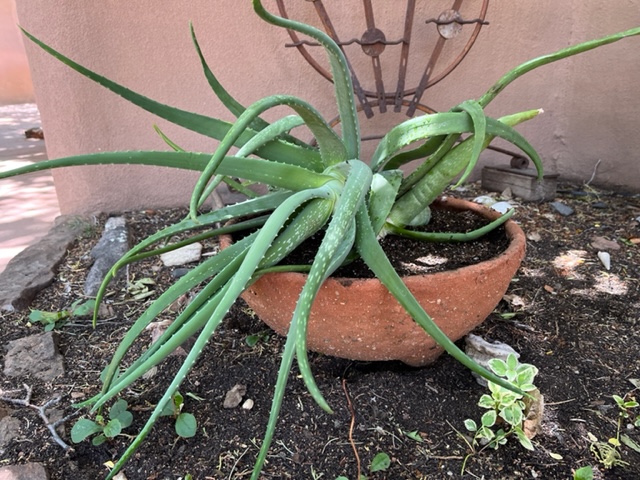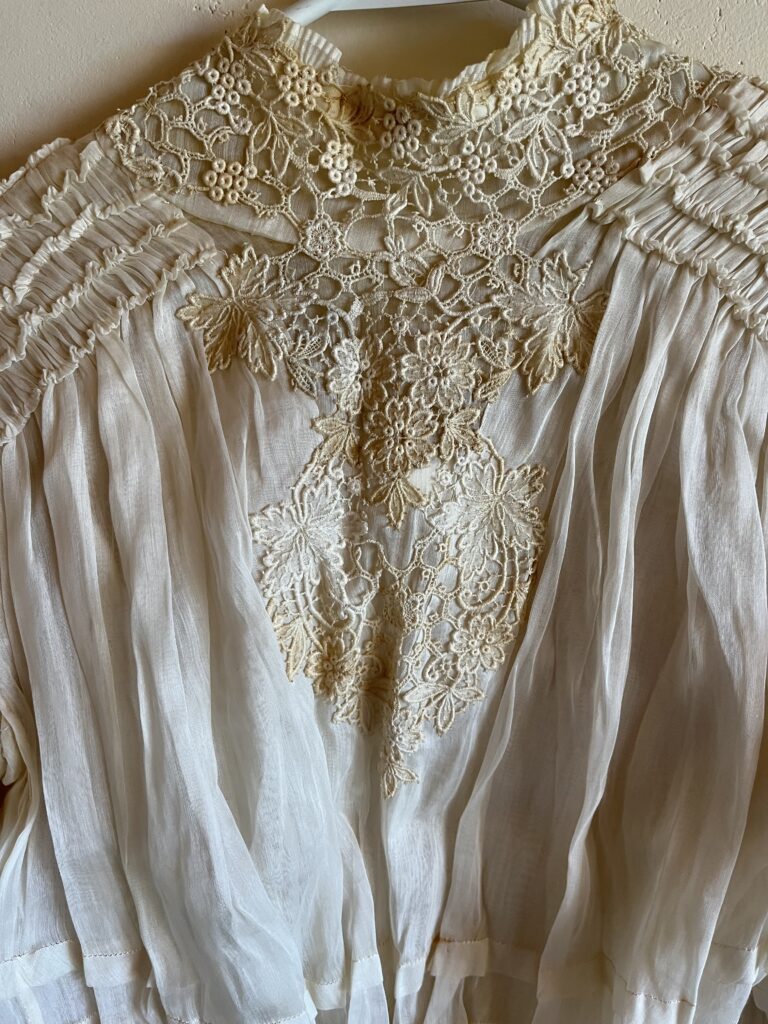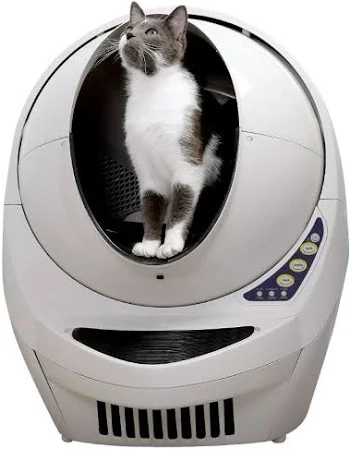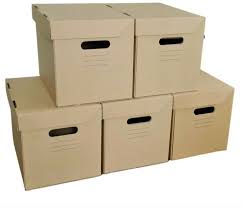Every year our community has a giant, multi-household yard sale. It has developed a following in the greater Santa Fe area and we have many repeat customers, hovering before the 8:00 am start, hoping for early bird specials. There was the usual assortment of yard sale items, but there are always treasures to be found. This year my neighbor sold her grandmother’s hats from the 40s – fantastic, elaborate, elegant, mostly black, many with sparkly beads, a feather or two, beautifully crafted. An artist neighbor made themed packets of collage materials. We sold a monster aloe vera plant that was consuming the kitchen and a Danish wooden hanging lamp that I’d had since the 70s. Hundreds came and that is why this blog post is late. I needed a little recovery time.
This is the good news – I divested myself of many things. The bad news is that there is so much more… stuff. How to deal with a lifetime’s collection of material goods, and in my case, not only my lifetime but my parents and grandparents and beyond. For decades I have been custodian of dishes, vases, tarnished maybe-silver baby dishes, yearbooks, report cards, letters, clippings and handmade cards and crafts that seemed to be very important to someone long ago. I have my grandmother’s wedding dress from 1900, my great grandfather’s Civil War medal, my mother’s drawings from her college years, my father’s award from the Seattle Food Lifeline which he helped found – and this is just the tip of the iceberg. I have felt it was my responsibility to save and protect this collection of family lore. These things meant enough to my ancestors to pass down to the next generation. Heaven forbid I would break the chain and fail to do my duty. And, of course, like a good ancestor I am adding my own lore, imagining that someday some descendant will be happy that I saved the little clay penguin I made in nursery school.
But in this case, passing things down to the next generations is not so simple as it might have once been. In my case my sons and daughters-in-law, and their children show little interest in any of the items listed above, or in the tons of other memorabilia that represent the journey of this particular family line. Maybe in the old days the young ones were happy to have whatever material goods were available. They needed dishes, here was the family set; they needed a baby cradle, here was the one they had slept in. There wasn’t that much stuff and you were happy to take what was offered.
Today, in this country at least, we are swimming in stuff. We are constantly upgrading appliances, buying the latest fitted sheets, non-kink garden hoses, outdoor grills, running shoes, hot tubs, automatic-cleaning cat litter boxes, iPhones, the latest fashions, and more. Don’t get me wrong. I am not preaching; I am one of the choir. I am owner of several of the above-named items, but not the automatic-cleaning cat litter box (just to be clear), nor the hot tub. I don’t need the old-fashioned china my grandmother so carefully wrapped in newspaper, packed in boxes and drove halfway across the country to deliver to me decades ago. I was gracious in receiving it, but knew I didn’t need it and would never use it. I felt guilty when I sold it at a yard sale years ago.
Is this the destiny I’m laying on my sons and their families? When I offer them a box of family lore, will they say “sure, mom, we’ll take it,” with that same sinking heart I had? Or are there other recipients who would welcome some part of this legacy? The wedding dress, for instance, might delight a young retro-minded bride of today. I am promising myself that I will find good homes for what I can, that I will burn or bury other items that deserve respect, and that I will leave a much smaller footprint of stuff for the next generation to deal with.
So, after I have reduced the quantity to a manageable size, I promise to carefully “curate” my remaining collection of family legacy, identifying for instance which ancestor received the Civil War medal and (if I can) why. And I will read every letter and ancient newspaper clipping, because that is part of my responsibility, to absorb and understand all I can about where I came from. I will cull where I can. When my sons approach the task of “dealing with all Mom’s stuff” they will find just a few tidy, archival boxes, well-labeled, neatly stacked in the storage shed. Or at least that’s the plan. Wish me well.





We were sorry to have missed the event this year. However, I love your archival approach and will follow suit. Hope to see you both during July if available. Love, Ray
Happy my approach resonates with you, since I consider you a very organized person! Absolutely will see you in July.
Just last month tossed my mom’s report cards and assorted pix of people no one alive knows.
OMG, this is so reassuring and inspiring, Les. Thank you. A few years ago I told my son that I was keeping his report cards and did he think he would ever want them. I added that I had my own report cards, of course, too. His answer, without enthusiasm: “I guess I’d be more interested in yours than mine.” I took that as affirmative that I should continue to keep everything!
https://www.instagram.com/reel/C7XV7gIyHgR/?igsh=eWk4NTJlOXM5NG5t
Lucy, you have bumped the funnybone of practically everyone I know! I was just looking at images of the newly uncovered servants quarters in Pompeii and marveled at how little those people personally owned. Soaking in your musings gave me some novel ideas about what to do at least some of it. Isn’t it funny what material culture is meant to represent. I’m just lucky I don’t have a garage.
Wow, Pompeii! How did they survive without a lettuce crisper??? I’d love to hear more about your novel disposal ideas. I might want to join in.
Oh, my dear friend. I can completely relate to this post as I try to downsize and realize NO ONE wants all my life’s “treasures”. We can have a good talk and a good laugh about this when we get together next month. By the way, I have a Litter Robot, and love it🤣🤣🤣. You don’t know what you’re missing 🤗
Litter Robot? Does it pick up or distribute? Yes, looking forward to a mutual support session. We can each bring an item that baffles us and we don’t know what to do with… and then we can trade! Good plan?
I plan to donate my grandfather’s WWI helmet and letters home to the NM Veterans Memorial museum in Albuquerque. The museum staff is quite welcoming to donations of this type.
Brian, thanks so much! That is a wonderful idea.
I’m with you 100%…I feel an obligation to carry on the legacy. Last year, I loved finding artwork that I did when I was two years old…my mother saved it my entire life…made me feel loved, made me feel treasured. If we discard “things” does that mean we don’t cherish the person who made it, who gave it to us? That’s at the root of the problem for me. Since my only son has zero interest in treasuring any “things”, it is releasing me from my burden. So, I sold the hats I had stored for my entire adult life. I still have my great-grandmother’s wedding dress…still more work to do…next yard sale. Thanks for organizing!
Hi Amy — you nailed it. The things are tied to the people who are tied to us (hopefully closely and lovingly). As for your GREAT grandmother’s wedding dress… are you trying to compete with me?? We could have a competition, and put on those wedding dresses and let the neighborhood decide which is more precious… except for the 19 inch waist on mine…
thank you for this, Lucy! I have also been reflecting on this a lot since my dad died last January. In the end, my sister and I held on to few of his belongings and gave the family legacy things to my cousin, who is very interested in following all those clues. The “things” we treasure most have ended up being the outdoor places he loved. Visiting them and sharing them with the people we love is one of our favorite things from Dad. Best of luck on your worthy pursuit of honoring who and where you are from while also endeavoring to accumulate less!
Thank you so much, Cheyenne. That’s profound to realize that the “things” you treasured most about your Dad were actually places, outdoors. You can visit them without any stewardship responsibility…. and without having to find a place to “store” them, except in you heart.
This bumps into this idea that Chris La Tray wrote about: what does it mean to be a good ancestor. I think about it more than I probably should, and it even gave me a framework for thinking of the Why for my campaign. I’m the carrier of some family belongings, likely ones that didn’t have the same value to my grandparents as it does to me. As their home dissolved after death, one of the things I really wanted was the bell they rang at Christmas. It held a beautiful meaning for me.
[Side note: I also think we tend to think of this keeping of items as individuals and not the collective, so maybe that dress (amazing!) is something a new bride might like, but also maybe a museum so that it can tell your ancestor’s story to all of us.]
Thanks so much, Cassie. You’re right! It’s a question of how to be a good ancestor, and it’s so hard to answer because all we can do is the best we can do, and we have no idea how that will land with the generations to come. How did our ancestors do? The best they could. My Grandmother wrote a note and tucked it inside a small flower-shaped glass dish with one curly petal. It’s kind of hideous (in my opnion), but to her it was precious, although the note was written in some kind of disappearing ink… and I can’t read it. She did her best. I think labeling clearly and thoroughly whatever you choose to pass on is critical. And very good point about saving for the collective, not just one’s own family, like donating the wedding dress to a museum. Reminds us that we are part of the human family, not just the nuclear.
We’re doing the same thing. Just donated all of my fatherspapers to the University of Washington. In our organizing, I came across a large photo of yo and my dad in our back yard. You appear to be 3 or 4 years old.
Hi Brent — yes, our lineages overlapped for our early years. Your parents were wonderful neighbors, taught mine so much about food (growing and eating) and wine and ideas and philosophy. My mother always said gratefully “The Pellegrinis taught us how to think and how to live well.” I have a big picture of myself sitting on your dad’s lap outside shelling peas into a big pot. Is that the one you have? And by the way, in my divesting of stuff, I’m keeping that one!
Thanks for writing.
[comment from Joanna Hurley, to whom the captcha was unkind]
Lucy, I loved this post! My father died in 2006 and I can honestly say that I have divested of all of his things that I didn’t want. Not being much of a materialist, he didn’t leave that much stuff and I was so grateful. With my mother, who died in 2011, it was a completely different story. When she died I cleared out three storage lockers worth of stuff–and we are talking the jumbo-sized ones at Extra Space–and hired someone to help me sort through it all and get it to antiques stores, resale shops, and Goodwill. It took about a year. But there were still a few things that no one wanted, including beautiful china that she had inherited from her mother and grandmother but that no one but a late 19th-early 20th-century New York socialite would ever use and a entire trunk full of photographs of people who are not identified and whom I don’t recall meeting, probably because they died before I was born. Some of them may even be my father’s relatives–who knows? I am an only child with no children, no heirs–no one who is going to want this stuff, much less my own stuff. You are inspiring me to continue to divest as much as I can now and make a plan for what to do with what I’ll keep living with until I’m not. Sobering but liberating! Thank you!”
Joanna T. Hurley
President, HurleyMedia, LLC
Reply to Joanna — so sorry captcha denied you your right to free speech! And thank you for the comment which I posted for you, above. You are an inspiration to me — my mountain begins to look like a mole hill compared to your three plus-size lockers-full! Let’s start a support group, although could be dangerous. We might get attracted to each other’s stuff. Carry on!